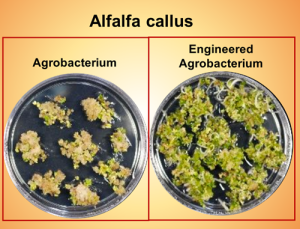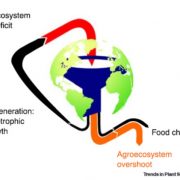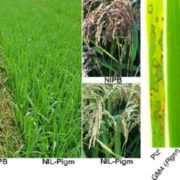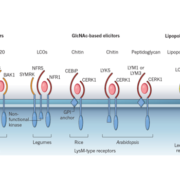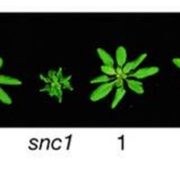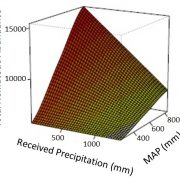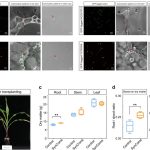A boost to plant transformation: Agrobacterium expressing type III secretion system (Nature Comms)
Gene manipulation in most plant species faces two major hurdles, transformation efficiency of tissue and regeneration of callus. Agrobacterium-mediated transformation is the most common method of plant transformation. Transformation efficiency can range from more than half the tissue to less than 1% depending on the types of tissue and plant species. Many times this low efficiency is due to immune responses against Agrobacterium activated by the plant. Since Agrobacterium lacks a type 3 secretion system (T3SS), it cannot effectively suppress immune responses of most plant species. Recently Raman et al. engineered Agrobacterium expressing functional Pseudomonas syringae T3SS and its secreted effectors, and showed that engineered Agrobacterium can deliver effector molecules into the plant cells and suppress plant immune responses. Engineered Agrobacterium shows a significant increase in transformation efficiency in different plant species including the model plants Arabidopsis and Nicotiana benthamiana and the relatively hard-to-transform species wheat, alfalfa, and switchgrass. This work opens a new window to improve genetic engineering in crops and can also help with transgene-free transformation since one can deliver Cas9 via T3SS. (Summary by Kamal Kumar Malukani, @KamalMalukani) Nature Comms. 10.1038/s41467-022-30180-3


